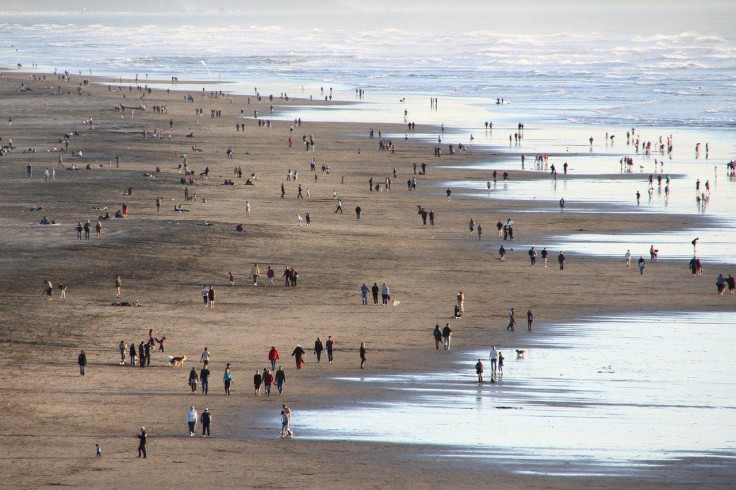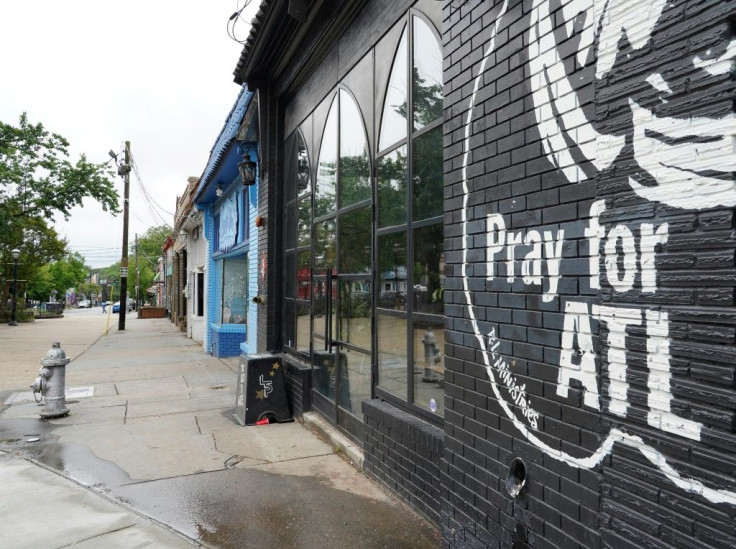How We Will Be Different Post-Coronavirus Pandemic

It’s going to end. And when it does, we will be different. We’ll have learned much that will change us. Here’s my prediction of two things that post-pandemic people will know and how they will be changed.
- They’ll know that Donald Trump is an ignorant blowhard who is unfit to be president. In future elections, competence and character will count for more than ideology and swagger.
- They’ll know that cooking at home is easy and fun. Future meals will feature more homemade cookies and slow-cooker pot roast and less takeout Chinese.
Feel free to disagree. My predictions may be way off. In any case, I’m not in the mood to argue about politics and preferences. You may think Donald Trump is the stable genius we need in times like these. You may like to eat lukewarm General Tso chicken and soggy egg rolls. Fine. We can still be friends.
My only point is that after this both our public and private lives will be different. And I’m starting to think that the changes in our personal spaces will be more interesting and profound than the changes in our economy and our politics.
In a few months the National Bureau of Economic Research, will announce that the economy slipped into recession at the end of the first quarter. It’s their job to read the data and tell us what’s going on and since the hard data is slow in coming, they’re always behind. It doesn’t matter. We know that major economic disruptions lead to recession. It happened after the financial crises in 2007, and the disruptions caused by the pandemic are more obvious and appear to be much worse.
But this crisis feels different than the others. It’s not just that a pandemic is worse than a financial meltdown and collapse in house prices. A pandemic threatens us in a deeper and more personal way. Money will help deal with the threat--the government can and should spend a lot of it. But money alone can’t make things better.
In 2008 almost 900,000 families lost their house to foreclosure. Just last month some reasonable forecasts indicated that 900,000 families could lose someone they love. Other more recent forecasts suggest it will not be that bad, with fatalities in the range of 100,000 to 240,000. The forecasts are all over the place, but at this point it almost doesn’t matter. The reality is that we’re now thinking about losing our elderly parents, our friends and especially our children. Thinking about that is different than thinking about losing your house.
If I’m right—if the way this crisis reshapes our attitudes and our private relationships is more important than the way it reshapes our immediate economic and political circumstances — then what should we pay attention to right now?
We should pay attention to economics. But we shouldn’t be thinking only about the kind economics taught in high schools and college, the economics of demand and supply, of monetary and fiscal policy. We need to think about economics the way Adam Smith thought about economics.
Smith taught us that economics is about more than money and wealth. Economies aren’t mathematical models. Economies are what happens when intelligent, self-aware, deeply social creatures come together.
Smith’s first book wasn’t "The Wealth of Nations", it was "The Theory of Moral Sentiments". In that book, Smith explored what we call today human nature. What kind of people are we? What do we really want? Why do people who see themselves as autonomous beings have such a deep need for connection to other people?

In March, economists Tyler Cowen and Russ Roberts podcast a conversation on the crises. It’s fantastic. They talked about the economic consequences, speculated on the course of the pandemic and considered how the government should respond. But they also talked about how this will change us as people. And one of the things they suggested is that while you’re at home, you have a project. It almost doesn’t matter what. Learn a language, practice a musical instrument, teach your kid to shoot free throws — whatever.
It’s great advice. But not because the skills are that important or because the effort will distract you from the crises. Working on something difficult will help you better understand yourself. We need to know our own nature, our own moral sentiments. Most importantly, we need to understand how we connect with other people.
Adam Smith famously wrote, “man naturally desires not only to be loved but to be lovely.” We want to earn the respect and cooperation of other people — we want to be loved — but we also want to be genuinely worthy of that respect. We want to be lovely.
That’s what really drives our economic relationships. That desire to be loved and lovely shapes how we treat our customers, co-workers, friends and family. If we come through this crisis with a better understanding of that, we can form a better economy. That doesn’t mean we should be happy to face this crisis. But it does mean that we shouldn’t passively accept the world that the pandemic will bring.
(Michael Davis, PhD, teaches economics and global strategy to MBAs and Online MBAs in the Cox School of Business at SMU in Dallas.)
© Copyright IBTimes 2025. All rights reserved.





















